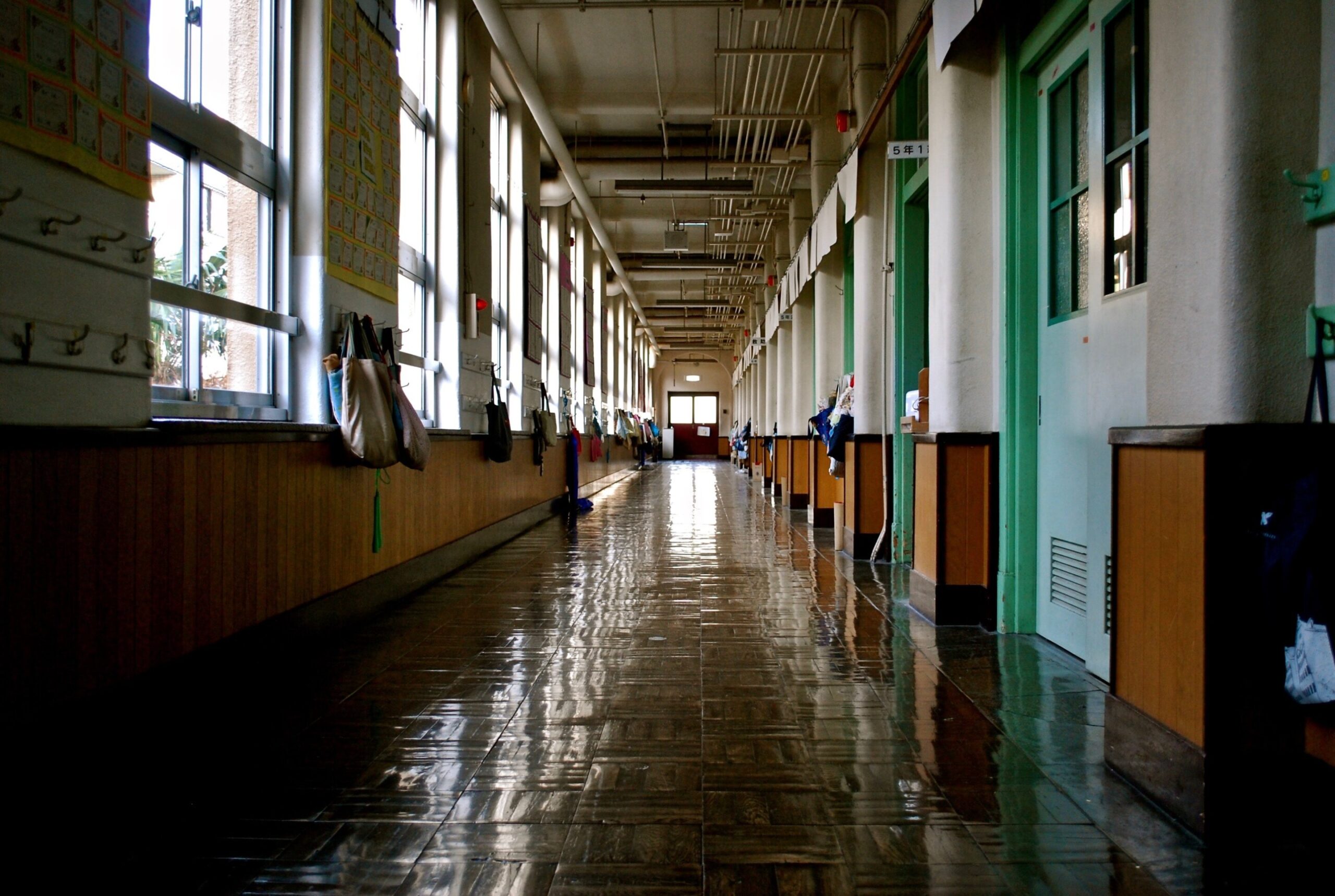

According to an essay published in Educational Researcher, a decade of colorblind school discipline policy reforms have not disproportionally benefited Black students who remain the most often disciplined in schools and miss valuable classroom learning time. Given that fact, the authors say interventions directly targeting antiblackness in school policies and practices are needed.
Neha Sobti, a doctoral candidate at New York University, and Richard Welsh, associate professor of leadership, policy, and organizations at Vanderbilt Peabody College of education and human development present a theoretical framework to support efforts to reduce racial discipline disparities in schools through a focus on normalized—and therefore largely unnoticed—anti-Black behaviors and policies.
They suggest that researchers use the framework to organize and synthesize the expansive school discipline literature and to sharpen their own research practices in developing and testing hypotheses about antiblackness, including through the collection and analysis of empirical data.
Sobti and Welsh also suggest shifting the research focus from students’ behavior to the behaviors of adults in schools to understand school discipline. They encourage district and school leaders to use the framework as a guide to develop interventions that disrupt rather than perpetuate antiblackness in the disciplinary process.
“The primary challenge in school discipline is reducing the rates at which Black students, especially Black students with disabilities, Black male students, Black low-income students, and Black homeless students, are excluded from classrooms and schools.
“A richer understanding of how antiblackness may flourish in the disciplinary process from how behavior is perceived in class to how office disciplinary referrals are resolved is foundational to disrupting discipline disparities. The Antiblackness in School Discipline framework provides an analytical tool to assist in that disruption,” said Welsh.
The researchers draw from Black Critical Theory and examine empirical evidence of antiblackness in the disciplinary experiences and outcomes of Black students in K-12 schools. They write, “BlackCrit in education is concerned with the specificity of everyday experiences of disregard, marginalization, and suffering of Black bodies in schools,” and “how educators’ disciplinary practices are rooted in and shaped by the currents of antiblackness in education. BlackCrit provides a lens to tease out how antiblackness manifests in the disciplinary process in schools and students’ disciplinary outcomes.”
Sobti and Welsh discuss six theoretical tenets of antiblackness—both within their broader societal contexts and examples of how they manifest within school discipline processes, such as through carceral discipline practices in the classroom; classroom behavioral expectations set by white, middle-class cultural norms; and a hyper focus on correcting student and family behavior rather than examining systemic antiblackness.
“If racial disparities in exclusionary discipline outcomes are a function of antiblackness while reforms remain largely colorblind, then it is unlikely that discipline disparities will be eliminated,” the authors write. “This essay offers a tool to analyze school discipline research, policy, and practice at the state, district, school, and classroom level, create spaces where Black children can self-actualize their own childhoods; understand experiences of Black children and families existing at the intersection of multiple oppressions; and divest from punitive and exclusionary systems while investing in systems of care.”
More information:
Neha Sobti et al, Adding Color to My Tears: Toward a Theoretical Framework for Antiblackness in School Discipline, Educational Researcher (2023). DOI: 10.3102/0013189X231191448
Provided by
Vanderbilt University
Citation:
Essay emphasizes need for antiblackness framework to reduce inequality in school discipline (2023, December 5)
retrieved 5 December 2023
from https://phys.org/news/2023-12-essay-emphasizes-antiblackness-framework-inequality.html
This document is subject to copyright. Apart from any fair dealing for the purpose of private study or research, no
part may be reproduced without the written permission. The content is provided for information purposes only.





